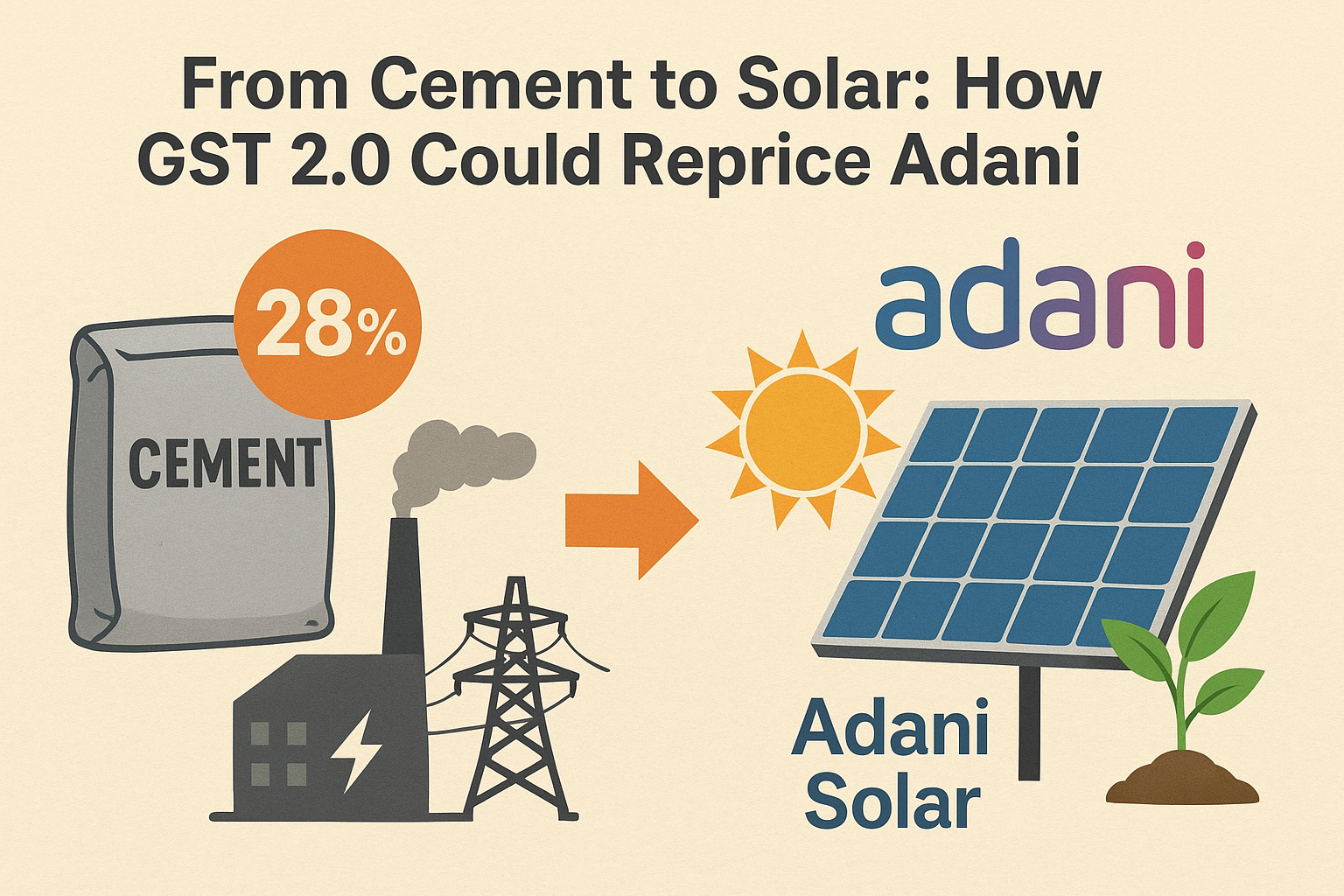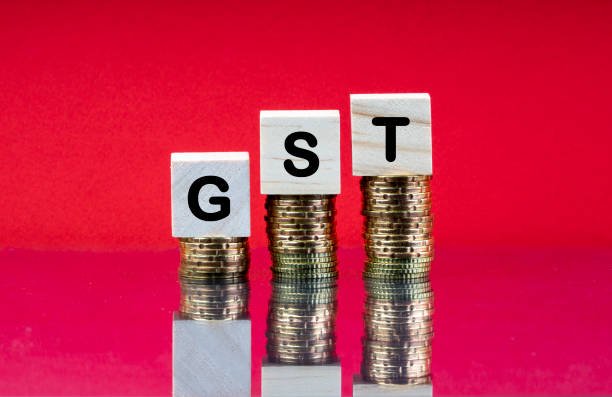GST Relief: Rate Rejig Set to Ease Daily Expenses; PwC Report Says Household Budgets May Get a Breather
In a move that could bring much-needed relief to millions of Indian households, the government is reportedly considering a rejig of Goods and Services Tax (GST) rates. According to a report by PwC India, the proposed changes aim to lower the burden on essential goods and services, potentially easing daily expenses for consumers and offering breathing space to household budgets already stretched by rising costs.
Why GST Relief Matters Now
Over the past two years, Indian households have faced persistent inflationary pressures, particularly in food, healthcare, utilities, and personal care products. As essentials become more expensive, discretionary spending has slowed, impacting overall economic activity. A GST rate cut or rationalisation could directly lower the effective price of day-to-day consumables, helping families manage expenses better.
PwC’s analysis highlights that categories like packaged food, personal hygiene products, and essential household utilities may witness lower tax slabs under the proposed rejig. This could mean an immediate reduction in prices for common items used daily.
Proposed GST Rate Rejig
While the official announcement is awaited, experts expect a focus on:
- Lowering GST on essentials such as packaged food, dairy products, and household cleaning items.
- Revising slabs for personal care products to reduce the impact on middle-income families.
- Simplifying compliance for small businesses so that reduced costs can be passed on to end consumers.
This restructuring is also expected to reduce tax disputes by removing ambiguities in classification of goods between multiple GST slabs.
Impact on Households
If implemented, the rejig could lower monthly household expenses by 5–8%, PwC estimates. For example, a family of four spending around ₹30,000 a month on groceries, utilities, and essential goods could save ₹1,500–₹2,400 depending on how rates are revised.
“The timing is significant,” PwC’s report notes. “With inflation squeezing disposable incomes, GST relief could revive consumption demand and provide a cushion for middle-class families.”
Boost to Economy and Businesses
Economists believe that easing GST on essentials will not only help households but also revive demand in the retail and FMCG sectors. Lower costs may encourage higher consumption, stimulating growth in industries that have seen a slowdown in rural demand.
Small businesses and retailers, who often struggle with compliance and shrinking margins, may also benefit if rate rationalisation comes with simplified processes.
What Next?
The GST Council, chaired by the Union Finance Minister and comprising state finance ministers, is expected to discuss rate rationalisation in its upcoming meeting. The final decision will depend on balancing consumer relief with revenue needs of the Centre and states.
Analysts suggest that while a moderate short-term revenue hit is likely, higher consumption and compliance could offset the gap in the medium term.
The potential rejig of GST rates offers hope for millions of Indian households grappling with rising costs. If implemented effectively, it could mark a turning point in balancing affordability with economic growth, providing both relief to families and momentum to businesses.





